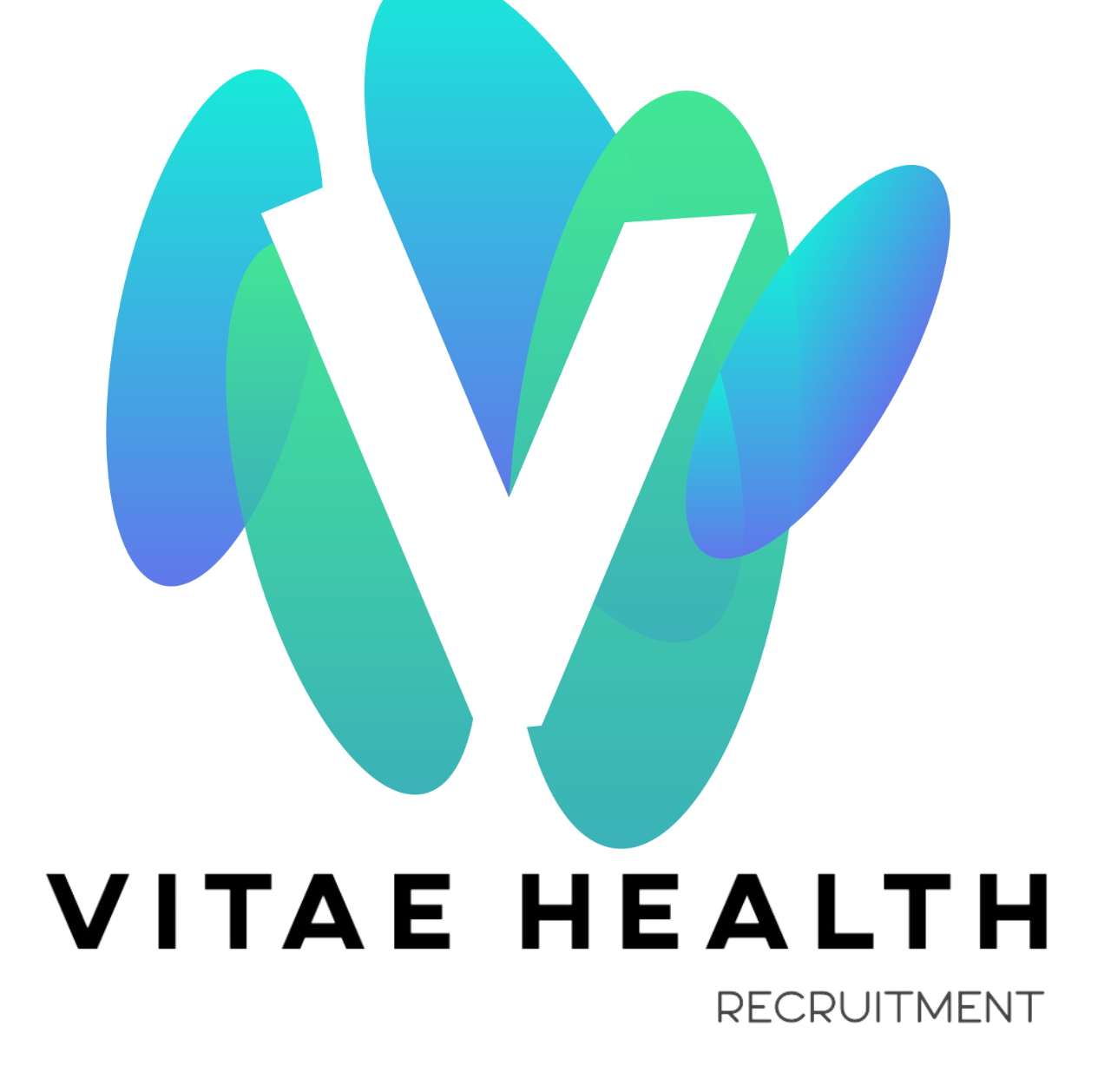
“`html
Is a Career as a Medical or Dental Assistant Right for You?
If you’re considering a career in healthcare but don’t want to commit to the years of education required for a physician or dentist, becoming a medical or dental assistant might be the perfect fit. Both professions offer rewarding careers with the opportunity to make a significant impact on patients’ lives. This blog post will explore what these careers entail, the qualifications needed, and the potential benefits of pursuing this path.
Understanding the Roles of Medical and Dental Assistants
What Does a Medical Assistant Do?
A medical assistant is a healthcare professional who supports doctors and nurses by performing administrative and clinical tasks. Their responsibilities can vary depending on the size of the practice and the specialty of the healthcare facility. Common tasks include:
- Recording patient history and personal information
- Measuring vital signs
- Assisting physicians with patient examinations
- Administering injections or medications as directed by physicians
- Preparing blood samples for laboratory tests
- Scheduling appointments and maintaining medical records
What Does a Dental Assistant Do?
On the other hand, a dental assistant helps dentists by providing both technical and administrative support. This role is crucial for ensuring efficient dental office operations. Key responsibilities include:
- Preparing patients for dental procedures
- Sterilizing dental instruments and setting up dental trays
- Assisting dentists during procedures by handing instruments
- Taking and developing dental x-rays
- Scheduling patient appointments and managing billing and payments
- Educating patients on oral care and post-procedure instructions
Qualifications and Education
How to Become a Medical Assistant
Most medical assistants have postsecondary education such as a certificate or a diploma from an accredited program, taking about a year to complete. Some employers may require an associate degree, taking around two years. Certification is not required but obtaining credentials like the Certified Medical Assistant (CMA) can enhance job prospects.
How to Become a Dental Assistant
Aspiring dental assistants typically complete a diploma or certificate program, which may last between nine months and a year. Some states require licensure or certification, such as the Certified Dental Assistant (CDA) credential. High school courses in biology, chemistry, and health sciences can provide a good foundation for future studies.
Skills Needed for Success
Common Skills for Medical and Dental Assistants
While the daily duties of medical and dental assistants can differ, both roles require similar skill sets to succeed:
- Communication: Effectively communicating with patients and colleagues is crucial.
- Attention to Detail: Precision in following procedures and managing records is essential.
- Interpersonal Skills: Compassion and understanding help in providing quality patient care.
- Technical Skills: Proficiency in using medical or dental software and technology is important.
- Organizational Skills: Efficiently managing time and resources is vital in a fast-paced environment.
The Benefits of a Career as a Medical or Dental Assistant
Choosing a career as a medical or dental assistant comes with several advantages:
- Job Stability: The demand for healthcare services continues to grow, offering strong job security.
- Quick Entry: Education and training are shorter compared to other healthcare careers, allowing you to enter the workforce sooner.
- Variety: Each day brings new challenges and experiences, preventing monotony.
- Opportunity for Advancement: With experience and additional education, opportunities to advance into management or specialized roles are available.
- Rewarding Work: Making a difference in patients’ lives provides emotional and professional fulfillment.
Conclusion: Is This Career Right for You?
If you have a passion for helping people and are interested in the medical or dental field, becoming an assistant in these areas can be an excellent choice. Both paths offer a balance of patient interaction and technical work, with the opportunity to learn and grow. Consider your strengths, interests, and professional goals as you decide whether a career as a medical or dental assistant fits your future plans.
“`

“`html
Is a Career as a Medical or Dental Assistant Right for You?
If you’re considering a career in healthcare but don’t want to commit to the years of education required for a physician or dentist, becoming a medical or dental assistant might be the perfect fit. Both professions offer rewarding careers with the opportunity to make a significant impact on patients’ lives. This blog post will explore what these careers entail, the qualifications needed, and the potential benefits of pursuing this path.
Understanding the Roles of Medical and Dental Assistants
What Does a Medical Assistant Do?
A medical assistant is a healthcare professional who supports doctors and nurses by performing administrative and clinical tasks. Their responsibilities can vary depending on the size of the practice and the specialty of the healthcare facility. Common tasks include:
- Recording patient history and personal information
- Measuring vital signs
- Assisting physicians with patient examinations
- Administering injections or medications as directed by physicians
- Preparing blood samples for laboratory tests
- Scheduling appointments and maintaining medical records
What Does a Dental Assistant Do?
On the other hand, a dental assistant helps dentists by providing both technical and administrative support. This role is crucial for ensuring efficient dental office operations. Key responsibilities include:
- Preparing patients for dental procedures
- Sterilizing dental instruments and setting up dental trays
- Assisting dentists during procedures by handing instruments
- Taking and developing dental x-rays
- Scheduling patient appointments and managing billing and payments
- Educating patients on oral care and post-procedure instructions
Qualifications and Education
How to Become a Medical Assistant
Most medical assistants have postsecondary education such as a certificate or a diploma from an accredited program, taking about a year to complete. Some employers may require an associate degree, taking around two years. Certification is not required but obtaining credentials like the Certified Medical Assistant (CMA) can enhance job prospects.
How to Become a Dental Assistant
Aspiring dental assistants typically complete a diploma or certificate program, which may last between nine months and a year. Some states require licensure or certification, such as the Certified Dental Assistant (CDA) credential. High school courses in biology, chemistry, and health sciences can provide a good foundation for future studies.
Skills Needed for Success
Common Skills for Medical and Dental Assistants
While the daily duties of medical and dental assistants can differ, both roles require similar skill sets to succeed:
- Communication: Effectively communicating with patients and colleagues is crucial.
- Attention to Detail: Precision in following procedures and managing records is essential.
- Interpersonal Skills: Compassion and understanding help in providing quality patient care.
- Technical Skills: Proficiency in using medical or dental software and technology is important.
- Organizational Skills: Efficiently managing time and resources is vital in a fast-paced environment.
The Benefits of a Career as a Medical or Dental Assistant
Choosing a career as a medical or dental assistant comes with several advantages:
- Job Stability: The demand for healthcare services continues to grow, offering strong job security.
- Quick Entry: Education and training are shorter compared to other healthcare careers, allowing you to enter the workforce sooner.
- Variety: Each day brings new challenges and experiences, preventing monotony.
- Opportunity for Advancement: With experience and additional education, opportunities to advance into management or specialized roles are available.
- Rewarding Work: Making a difference in patients’ lives provides emotional and professional fulfillment.
Conclusion: Is This Career Right for You?
If you have a passion for helping people and are interested in the medical or dental field, becoming an assistant in these areas can be an excellent choice. Both paths offer a balance of patient interaction and technical work, with the opportunity to learn and grow. Consider your strengths, interests, and professional goals as you decide whether a career as a medical or dental assistant fits your future plans.
“`
